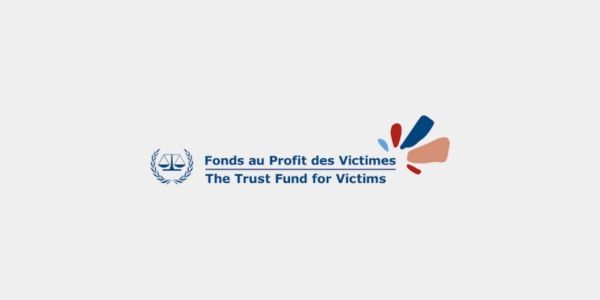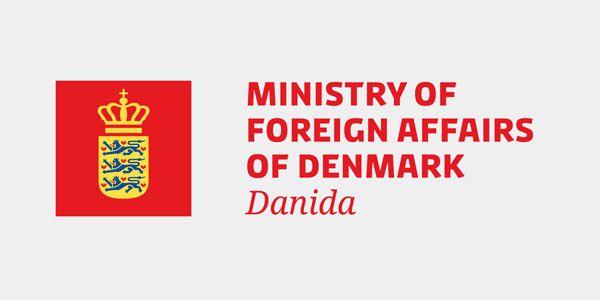On the outskirts of Sibut – a small town in the Central African Republic (CAR) – a house is being built. A house representing a new life with new hope. In that house sits Félicité, who tells the story of how this house came to be and how an orphaned girl reclaimed her purpose in life.
Her story begins in late 2012, when the rebel coalition Séléka launched an armed campaign that destabilized CAR. Within months, the capital Bangui had fallen, and the country plunged into violent chaos. During all this Félicité was attending 9th grade and as for so many others in CAR, 2013 would change Félicité’s life forever. One evening when coming home from the market three rebels approached her and when she refused to answer them, they pushed her to the ground and sexually assaulted her.

“After that incident, I was traumatised, I kept thinking a lot, and I realized I was losing weight. I went on to get married and gave birth to a child. The child was always sick, he wasn’t healthy, he had a staph infection, and I did too.”
Years later, a relative told Félicité about a project in Sibut supported by DCA. Initially hesitant, she eventually made the decision to come forward and share her story – originally, she was part of the project to access health support for her and her child’s staph infection. And what began as a step toward accessing health support became a turning point in her life.
Through the project, Félicité joined a Village Savings and Loan Association (VSLA) and began to rebuild her life. She returned to school – nine years after her education was interrupted – and eventually passed her exams and got a high school diploma. Alongside her studies, she started a small business, which she scaled up thanks to loans she received through the VSLA.
Yet even as her life began to change, new challenges emerged. As she began to earn and save money, tensions arose at home. When her then-husband demanded control over her finances and reacted violently when she refused, Félicité made the choice to leave. Félicité was now independent, and her mind was set on the future – after graduating from high-school and growing her business she enrolled to become a teacher. With a certain light in her eyes, she explained that:
Today I am a very happy person. Before, I never imagined I would become the person I am today. I no longer have those thoughts about the violence that used to traumatize me. I am joyful, and even if the memories try to come back, they disappear quickly. I feel at ease, even the respect that people never gave me before—they respect me now. Even older men and women greet me as they pass: ‘Hello madam!’
She hopes that others who have gone through similar experiences will also be given the chance to take back their lives and stresses: “Give them advice, and ask them – as was done for me – whether they want to go back to school or start income-generating activities, and support them like me so they too can change their lives“.
Now 12 years later – she is more comfortable than ever and in three months she will receive her teacher’s diploma, and she hopes that the house will be finished by then, so she can celebrate with her friends and family there.

“I can only move forward. I’m building a house that’s my own, and I’m doing better than some government-employed men who still don’t have a house. I hope that when I get my diploma, I will celebrate in my house, because I plan to move in before receiving the diploma.”
Félicité no longer sees herself through the lens of what was taken from her – but through all that she has reclaimed. Her story reminds us that dignity can be rebuilt, one step, one choice, one brick at a time.
More about the project
Title: Support for the physical rehabilitation, psychosocial assistance, and socio-economic reintegration of conflict victims under the jurisdiction of the ICC in the Kemo Prefecture, Central African Republic
Period: April 2024 – March 2025
Partner: Women Act Living Together (WALT)
Amount: 200,000€
Outreach: 2,000
Donors: International Criminal Court (150,000€) & DANIDA (50,000€)



